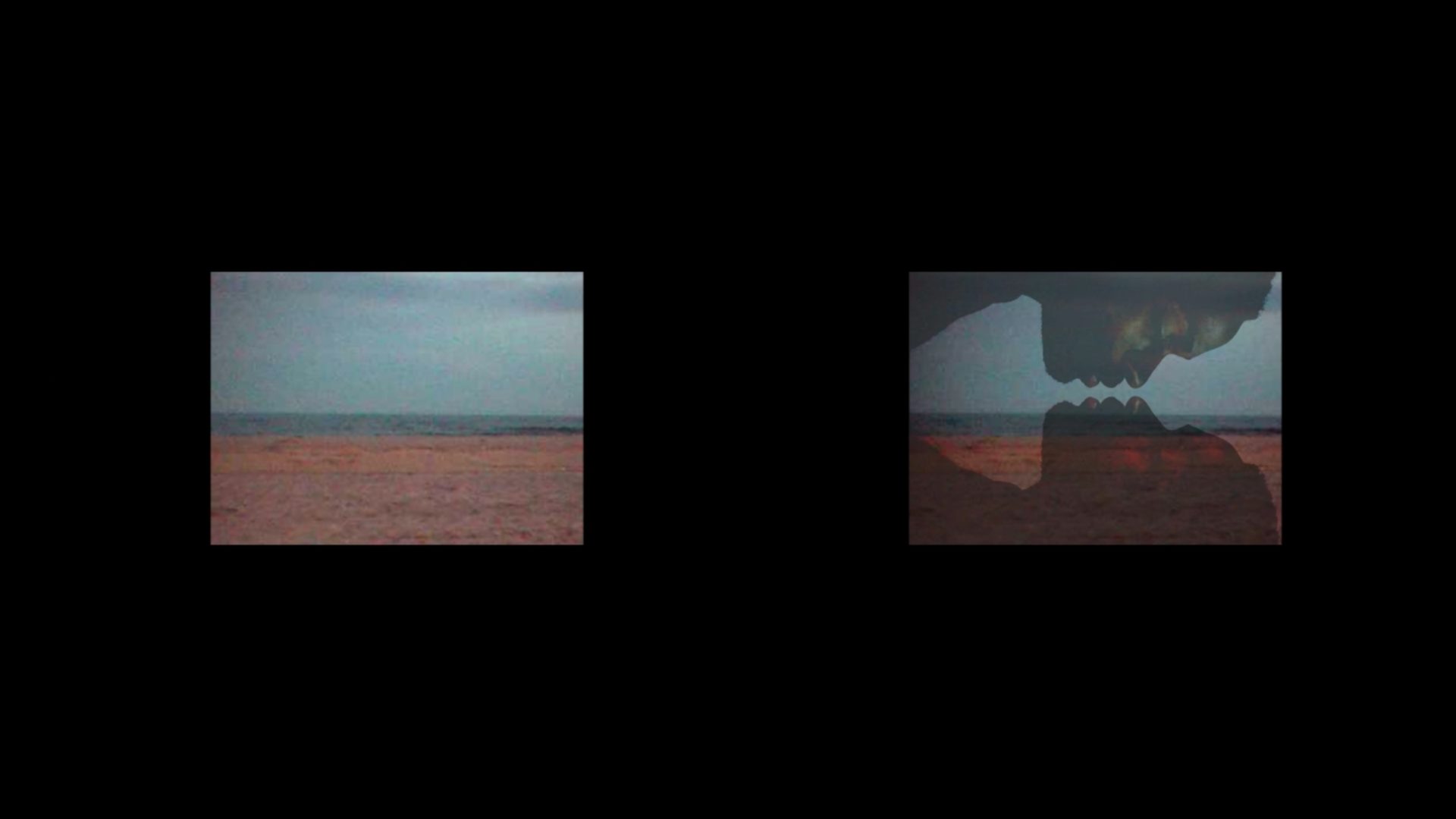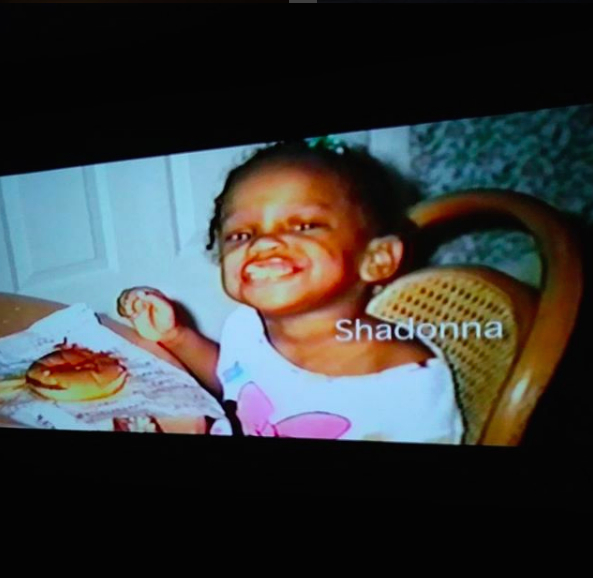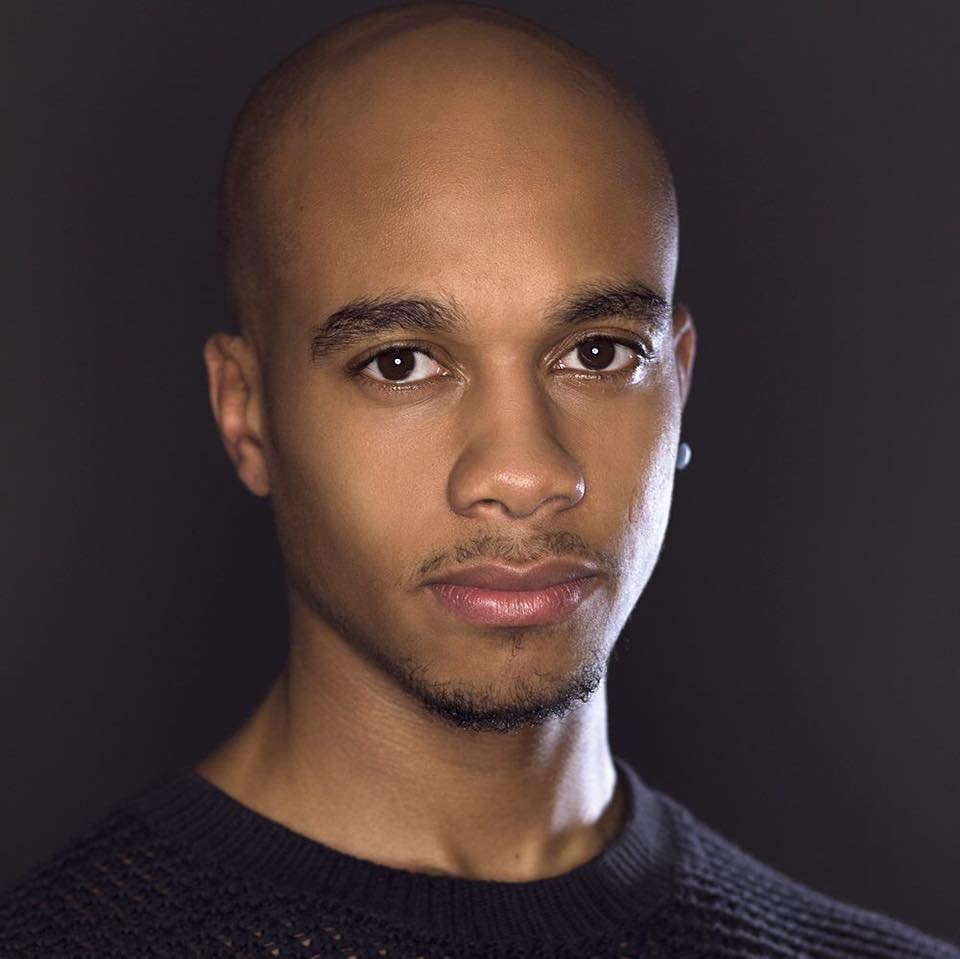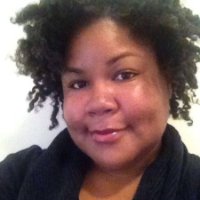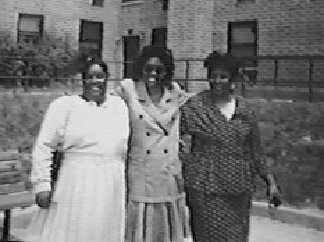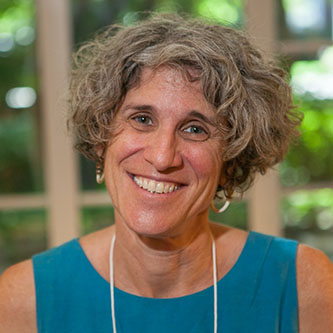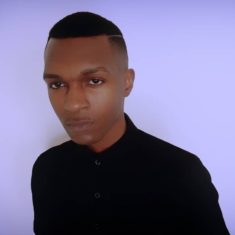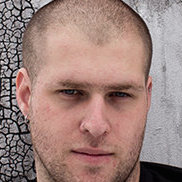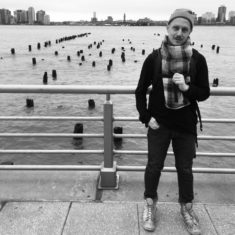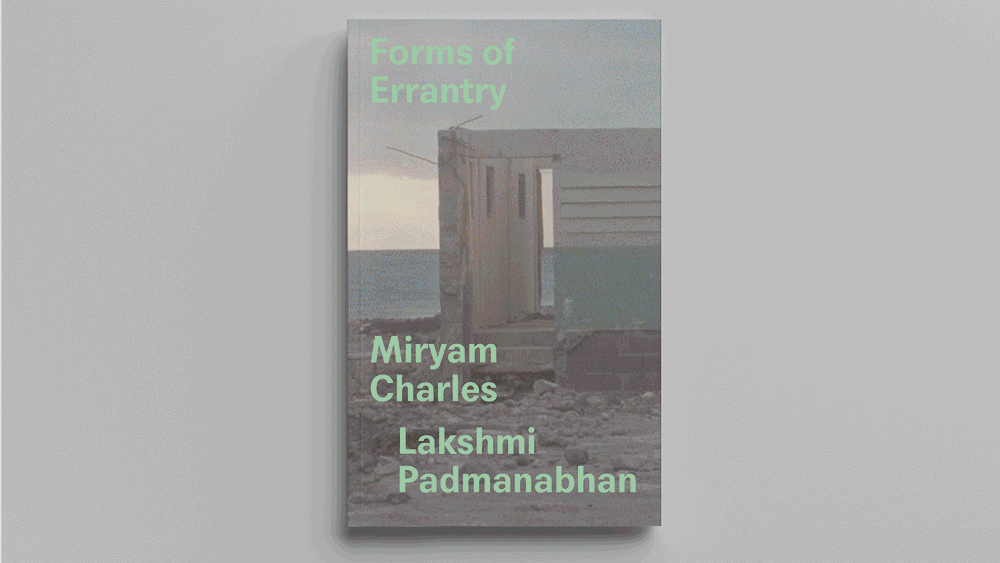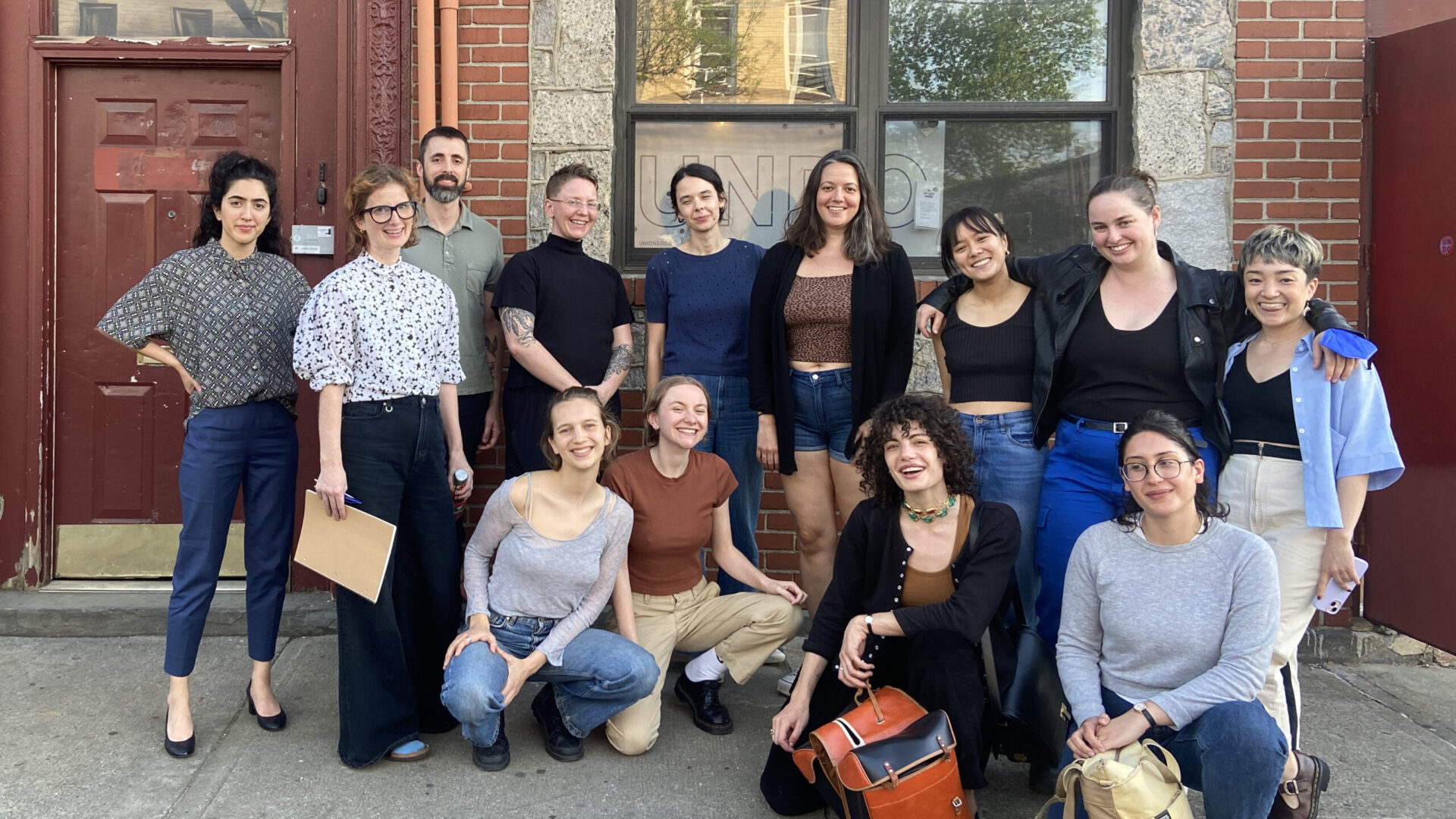Jan 11, 2018 at 7:30 pm
Past Present Future: The Ongoing Aids Epidemic in Four Documents
Screening to be followed by discussion with Katherine “Kat” Cheairs , WAVE members Alexandra Juhasz + Juanita Imran, and Jawanza Williams. Moderated by Hari Ziyad.
From the beginning of the AIDS epidemic in the US, production of moving images has been vital to the response. In this screening, curated by Virgil B/G Taylor and Theodore (Ted) Kerr of the What Would an HIV Doula Do? collaborative, four documents from various moments of the epidemic will explore how ideas of activism, care, community, gender, history, identity, loss, race, representation and sexuality intersect within the epidemic, and continue to shape its effects to this day. The screening will be followed by a panel discussion with some of the film’s subjects alongside a selection of filmmakers from the presented work.
The What Would the HIV Doula Do? collective is a community of artists, activists, academics, chaplains, doulas, health care practitioners, nurses, filmmakers, AIDS Service Organization employees, dancers, community educators, and others from across the movement joined in response to the ongoing AIDS Crisis. We understand a doula as someone in a community who hold space for others during times of transition. For us, HIV is a series of transitions in someone’s life that does not start with being tested or getting a diagnosis, nor end with treatment or death. Foundational to our process is asking questions.
Program
Ending, Silence, Shame, Stigma: HIV/AIDS in the African American Family
30 min., 2012, Kat Cheairs.
This documentary explores the impact of HIV/AIDS on the Black community and addresses the complex social issues factoring into the high rate of infection among African Americans. Topics addressed include women’s studies; addiction; African American studies; family relationships; Christianity; sexuality and religion; sexual behavior in the African American community; judgement of those who have the disease; and the need for cross-gender dialogue in progressive churches and in the community.
We Care: A Video for Care Providers of People Affected by AIDS
33 mins., 1990, Women's AIDS Video Enterprise.
Targeted at low-income women of color, this tape was collectively produced by WAVE, an unusual “ video support group” sponsored by the Brooklyn AIDS Task Force. For six months, seven women met to talk and learn about AIDS and video. The result is a rich grassroots effort which documents many challenges that AIDS present to care-givers and which rebukes many common myths about HIV/AIDS. One HIV-positive member provides and intimate tour o her home while she speaks of daily life with the virus demonstrating how things have changed for her and her family. Also includes interviews with a doctor, volunteer and several educators. The women not only speak about men’s resistance to condom use, and the need to face death realistically, but also offer resources and referrals.
Villanelle
15:26 min., 2014, Hayat Hyatt.
Through poetry, interviews and prose Villanelle explores the intergenerational impact of the AIDS crisis on black gay men in New York City from the 1970s to the present.
Jawanza James Williams NYC Hearing Testimony
3:26, 2017, NYC.gov
Testimony around the issue of 21-24 year olds accessing youth-specific beds in the Department of Youth Community Development funded program.
Bios
Hari Ziyad is an artist and writer and Editor in Chief of RaceBaitR. They received their BFA from New York University, where they concentrated on Film and Television and Psychology. Their work is informed by their passion for storytelling and wrestling with identity as a Black, non-binary child of Muslim and Hindu parents while growing up in Cleveland. Hari primarily creates art engaging with identity, race, gender and sexuality, ally politics and the arts.Their work has been featured on Gawker, Out, Ebony, Mic, The Guardian, Colorlines, Paste Magazine, Black Girl Dangerous, The Feminist Wire, and in the peer-reviewed journal Critical Ethnic Studies (upcoming 2017). They are also Managing Editor for Black Youth Project, an Assistant Editor for Vinyl Poetry & Prose, and writer for AFROPUNK.
Katherine “Kat” Cheairs is a documentary filmmaker, educator and community artist. She brings nearly a decade of experience in curricula design, instruction and program management of Digital Filmmaking and Media Arts Production. Her program designs have enabled more than 1,000 individuals in K-12, higher and adult education to explore identity, resiliency and self esteem building through filmmaking practices. She has worked with The Film Society of Lincoln Center, BRIC Arts Media, The Four Freedoms Park Conservancy and The Tribeca Film Institute. In addition to her work in education, Kat has 15 years of experience as a documentary filmmaker and producer. Her work focuses on the impact of HIV/AIDS in communities of color.
WAVE (Women’s AIDS Video Enterprise) was a community of women impacted by and living with HIV who came together in the 1990s to make tapes about the ongoing HIV/AIDS epidemic. They were part of a larger movement of AIDS activists and artists who used video to tell their stories and make an impact through direct interventions into the narrative being constructed around the emerging crisis.
Alexandra Juhasz and Juanita Imran, members of video collective WAVE, will share We Care: A Video for Care Providers of People Affected by AIDS (1990).
Alexandra Juhasz is Chair of the Film Department, Brooklyn College. Recently, as a Professor of Media Studies at Pitzer College (1995-2016), she was the director of the Munroe Center for Social Inquiry (2014-2016), and led the Mellon funded Digital Humanities. She has a Ph.D. in Cinema Studies from NYU and has taught courses at NYU, Swarthmore College, Bryn Mawr College, Claremont Graduate University, and Pitzer College, on YouTube, media archives, activist media, documentary, and feminist film. Juhasz has written multiple articles on feminist and AIDS documentary. Her current work is on online feminist pedagogy, YouTube, and other more radical uses of digital media. Juhasz produced the feature films The Owls and The Watermelon Woman, as well as nearly fifteen educational documentaries on feminist issues like teenage sexuality, AIDS, and sex education.
Jawanza James Williams (pronouns, He, Him, They, Them) is a Black, radical Queer, Prison Abolitionist, Socialist, Community Organizer. He is a native of Beaumont, Texas. After he receive a BA in English from Schreiner University in 2012, he moved to New York City, where he now works with the political organization Voices of Community Activists and Leaders (VOCAL-NY). Williams is an alumni of Public Allies of New York, and Center for Neighborhood Leadership, organizations dedicated to training professional Organizers, and increasing the capacity of nonprofit community based organizations. Williams is also a writer, often noting that “I’ve been a Writer before I could write.”
Virgil B/G Taylor is an artist and writer based in Brooklyn. He received a BA in Studio Art and American Studies focusing on printmaking and queer theory from Wesleyan University. He works between text and image, communities and computers. As a member of the What Would an HIV Doula Do? collective he works to bring attention to the HIV/AIDS crisis as an ongoing intersectional political reality through asking questions and designing paper crafts. He runs http://fag.tips/, a speculative zine.
Theodore (ted) Kerr is a Brooklyn based writer, organizer and artist. He is a founding member of What Would an HIV Doula Do? collective. He was the Programs Manager at Visual AIDS. He currently teaches at The New School. His work will be seen in the upcoming exhibition, “One day this kid will get larger,” at the DePaul Art Museum, curated by Danny Orendorff. “Inflamed: A Litany For Burning Condoms,” a film he made with Christopher Jones and LJ Roberts will make its NYC premiere on the opening night of MIX, the 29th New York Queer Experimental Film Festival.


